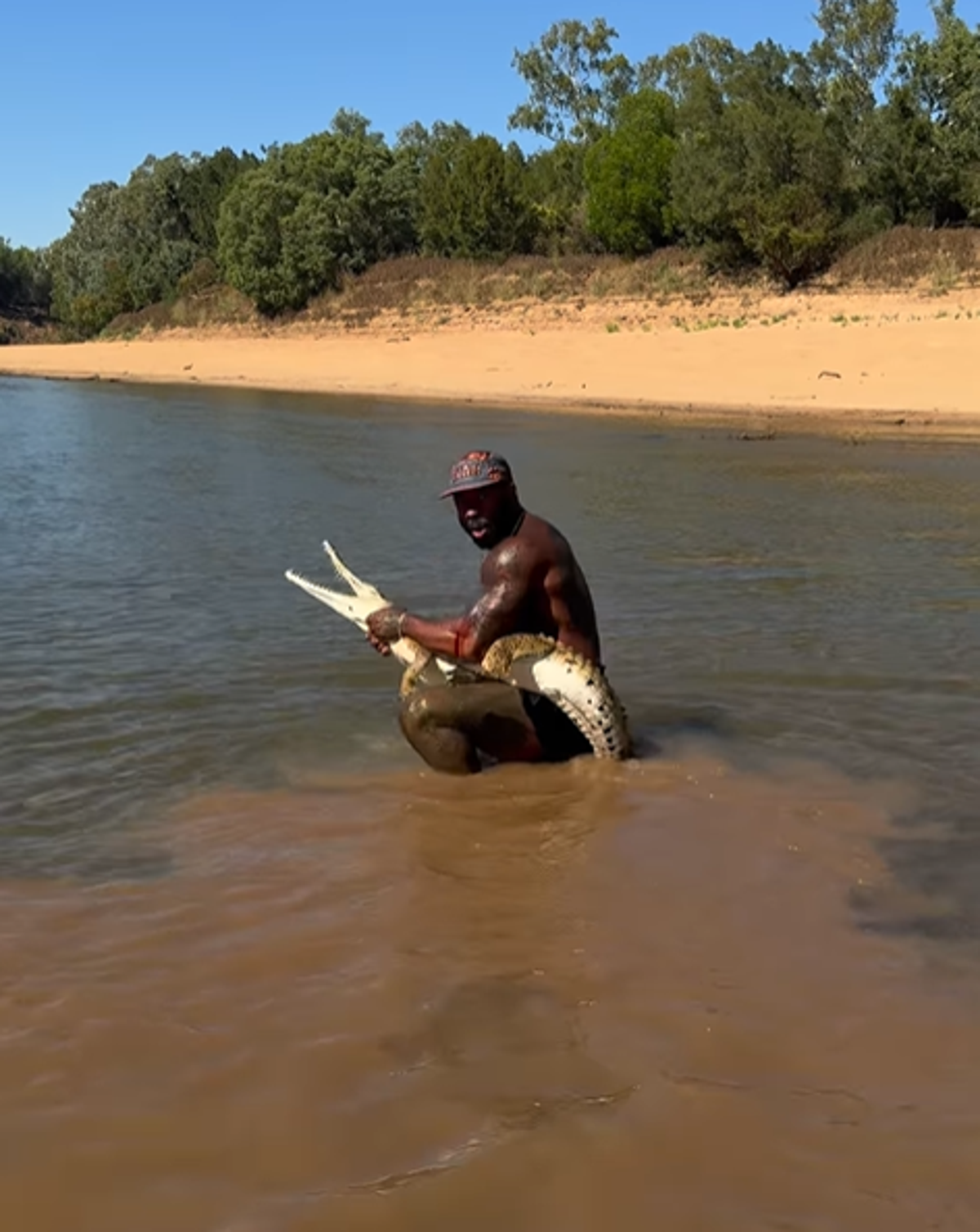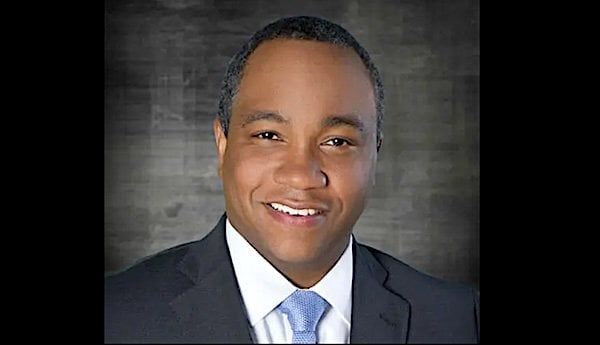PFRDA Extends Deadline To Switch From NPS To UPS: What Central Govt Employees Need To Know Before Deciding
By Priya Raghuvanshi
Copyright timesnownews

The government has announced a special one-time chance for central government employees who joined between April 1, 2025, and August 31, 2025, to shift from the National Pension System (NPS) to the newly introduced Unified Pension Scheme (UPS). This option must be exercised by September 30, 2025, aligning with the deadline set for other eligible categories under UPS, according to a statement from the finance ministry on Tuesday, September 16. This move aims to empower government workers with greater flexibility in shaping their retirement financial planning. Importantly, employees who choose UPS will still retain the freedom to revert to NPS later, providing a safety net in decision-making. What Is The Unified Pension Scheme, And Who Does It Affect? Introduced as part of the National Pension System from April 1, 2025, the UPS offers a guaranteed pension payout, addressing concerns about the variability in returns faced under the traditional NPS. The scheme applies specifically to central government employees who enrolled in NPS post-January 1, 2004. Currently, around 23 lakh government employees have the option to select between the UPS and NPS. The UPS was given the green light by the Union Cabinet on August 24, 2024, under Prime Minister Narendra Modi’s leadership. This decision marks a significant shift from the previous pension system, which guaranteed a fixed pension amount but was discontinued in 2004. Contributions And Pension Benefits: What To Expect Unlike the old pension scheme, where retirees received 50 per cent of their last basic pay as a pension, the UPS operates on a contributory basis. Employees contribute 10 per cent of their basic salary plus dearness allowance, while the government, acting as the employer, contributes 18.5 per cent. However, the final pension payout is influenced by the performance of the accumulated corpus, which is predominantly invested in government securities.



